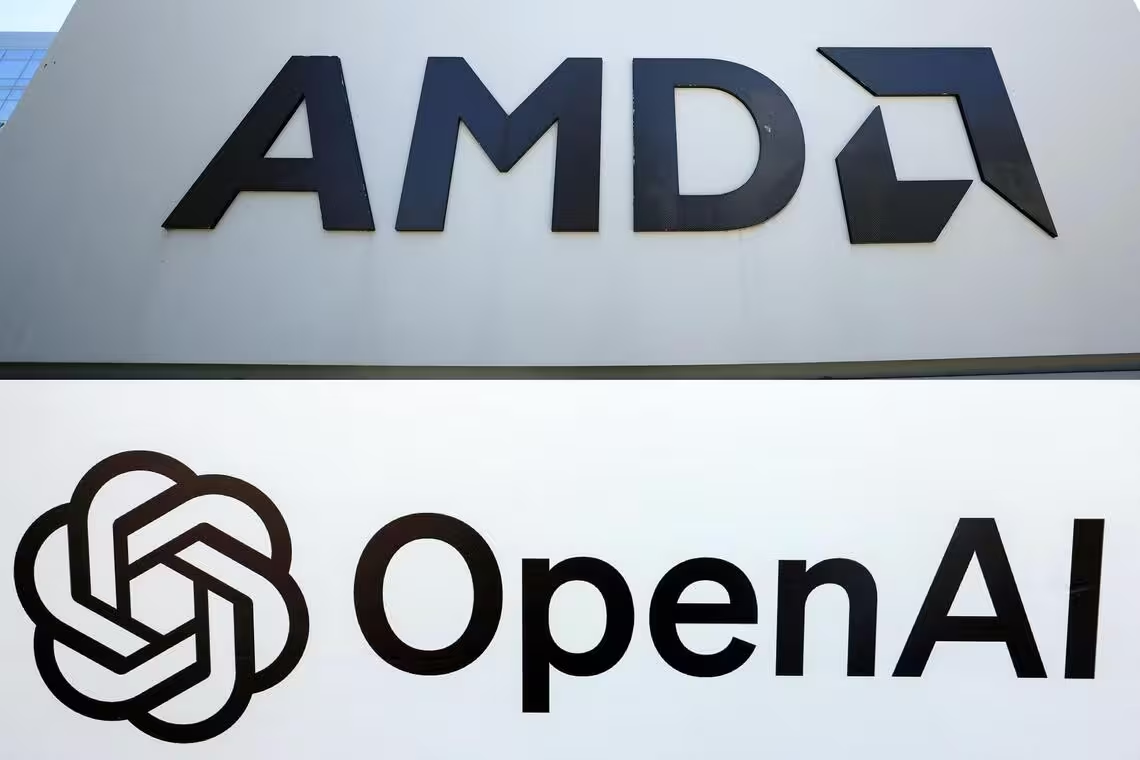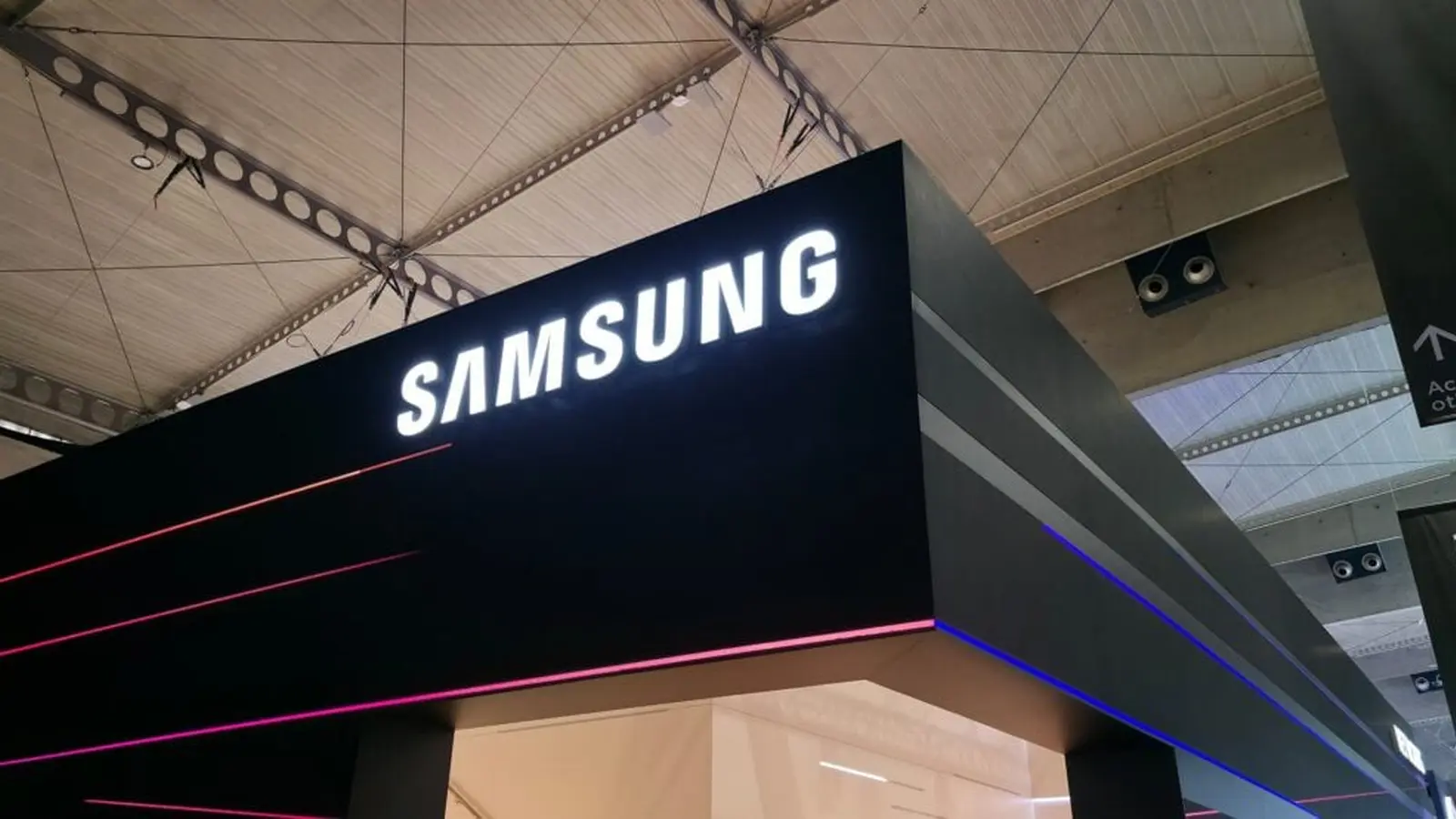3 Minutes
AMD’s new strategic partnership with OpenAI isn’t just a win for chipmakers — it could translate into a major revenue surge for Samsung’s memory business. Here’s how a blockbuster AI infrastructure pact between two of the industry’s biggest players indirectly supercharges Samsung’s role in the data-center supply chain.
What the AMD–OpenAI agreement actually covers
OpenAI recently announced a multi-gigawatt commitment to AMD’s Instinct AI accelerators, signaling a large-scale migration to AMD hardware for next-generation large-language-model workloads. The headline figures: a 6-gigawatt agreement overall, with an initial 1-gigawatt deployment of AMD Instinct MI450 GPUs slated to begin in the second half of next year.
Beyond hardware purchases, the deal names AMD as a core strategic compute partner for OpenAI’s future deployments. It also includes financial ties: AMD granted OpenAI a warrant on up to 160 million shares of common stock, which could amount to roughly a 10% stake in AMD if vesting conditions are met.

Why Samsung stands to gain
Here’s the direct line: AMD’s MI450 and similar AI accelerators rely on high-bandwidth memory (HBM) to feed enormous model workloads. Samsung is a leading supplier of advanced HBM solutions — including 12-stage HBM3E now and an expected lead position for early HBM4 supplies next year.
- Large AMD chip deployments = far higher demand for HBM modules.
- OpenAI’s 6 GW commitment implies multi-year memory purchase cycles.
- Samsung already supplies HBM3E to AMD and is positioned to ship HBM4 for MI450.
Put simply: as OpenAI rolls out AMD’s next-gen GPUs at scale, Samsung will likely receive substantially more HBM orders — a tailwind for its semiconductor division and data-center component revenues.
Beyond chips — partnerships and production
The collaboration extends past plain chip sales. Several Samsung entities and OpenAI have signed cooperative agreements to develop requisite AI infrastructure, and Samsung will provide semiconductor manufacturing services and high-bandwidth memory support for OpenAI’s deployments. That means manufacturing scale, engineering collaboration and long-term supply commitments — not just one-off purchases.
So while the headlines focus on AI accelerators and equity warrants, one of the clearest commercial stories emerging from the AMD–OpenAI tie-up is increased demand for Samsung’s HBM roadmap. For investors, engineers and cloud operators watching the AI supply chain, this deal maps a straightforward ripple effect: big AI deployments drive big memory orders — and Samsung looks well placed to cash in.
Source: sammobile


Leave a Comment